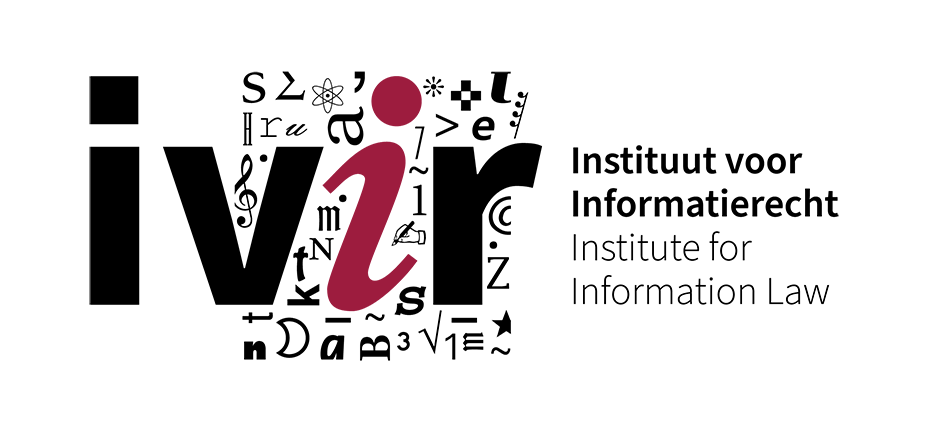Politieke profiling, ook in Nederland?
Het IViR is verheugd te kunnen melden dat het SIDN fonds een subsidie heeft toegekend voor het project
Politieke profiling, ook in Nederland?
In de Verenigde Staten wordt in politieke campagnes volop gebruik gemaakt van dataveillance en profiling van kiezers. Veel minder bekend is of en hoe spin-doctors in Nederland gebruik maken van online verzamelde data over individuele kiezers, om ze gericht te kunnen benaderen. Dit project gaat dit tijdens de verkiezingscampagnes van 2017 in kaart brengen en analyseren. De database wordt geanonimiseerd toegankelijk gemaakt voor iedereen.
English abstract:
Unwinding the spin-doctors’ webs – monitoring data-driven micro-targeting during the Dutch 2017 elections”
Political communication is increasingly tailor-made. Parties and candidates focus more and more of their efforts on convincing opinion leaders and floating voters, which have increased in numbers in the recent two decades. Two important internet related developments support this change. On the one hand, there are many entities that observe us and collect data on our behavior from credit card companies to online services. A whole data broker industry developed based on that data, selling highly detailed information on the majority of individuals in Western societies. On the other hand, the proliferation of media outlets, including the plethora of online services offer better targeting opportunities. Our highly detailed online profiles on social media websites enable even better micro targeting opportunities for anyone willing to pay for the opportunity. Both of these developments promise huge payoffs for political campaigns. Campaigns in the USA are already among the biggest customers of the data broker industry. They are using highly sophisticated databases to maximize the impact of campaign spending. Experts expect similar developments to unfold in Europe in the near future. Despite the rapid emergence of data-driven micro targeting, no one is aware how these developments affect the foundations of our democratic system. We lack information on how the personalization of political communication takes place: how political parties utilize dataveillance, how they communicate online with citizens, to what extent and to what effect they personalize their messages. We propose an infrastructure with which we can observe the development of data-driven political micro targeting. Such an infrastructure would be unique, not only in the Netherlands, but in Europe, and would provide a much needed, yet currently non-existent insight into the process and consequences of the internet-driven transformation of political communication.
See also https://www.sidnfonds.nl/nieuws/ for more information about the different projects that were awarded with a grant by SIDN.

